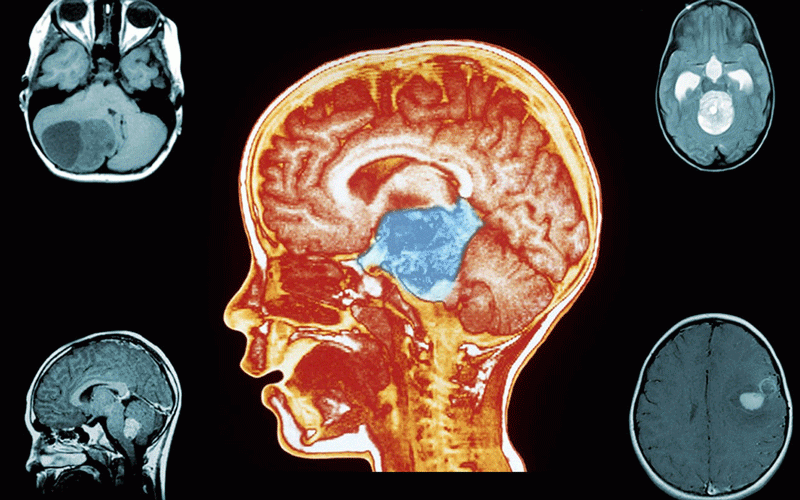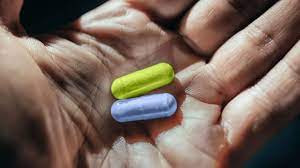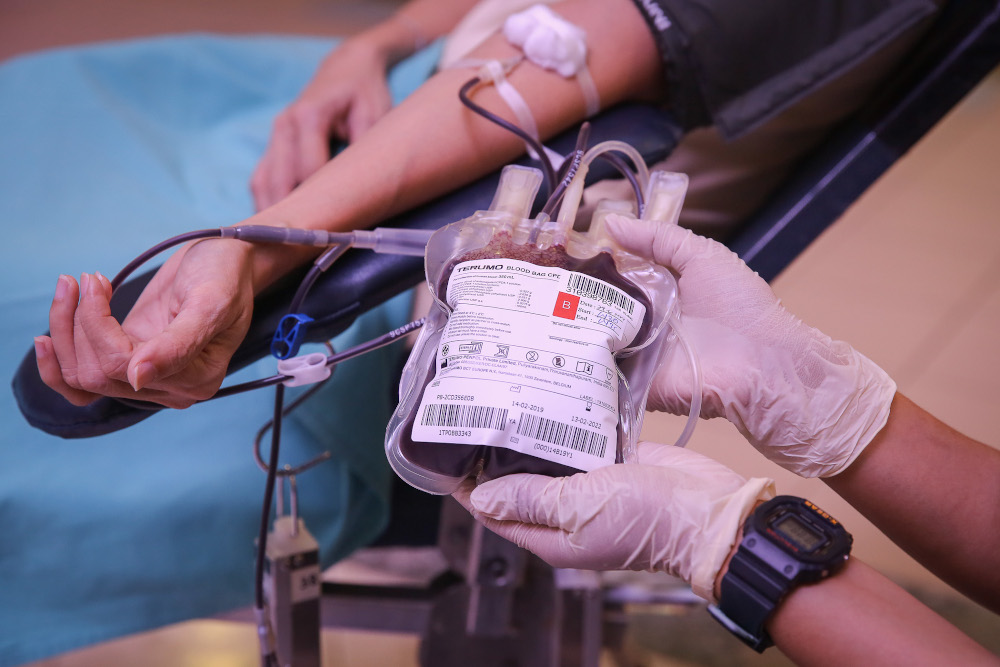
CHOLESTEROL plays an important role in the working of the body but too much of it in your bloodstream can cause severe health problems, including heart disease and heart attacks.
Cholesterol is a waxy fat-like substance found in every cell of the body. It is formed in the liver and helps your body build new cells, insulate nerves and produce hormones.
It also contributes to the structure of cell walls, makes digestive bile acids in the intestine and allows the body to produce vitamin D. It combines with proteins to form lipoproteins, which carry the cholesterol in the blood.
Normally, the liver makes all the cholesterol the body needs. However, cholesterol also enters your body from food such as animal-based foods that include milk, eggs and meat.
There are two types of lipoprotein, namely high-density lipoprotein (HDL) and low density lipoprotein (LDL).
HDL carries cholesterol to cells in the body and then carries it back again to the liver where it is broken down or passed out of the body as waste matter. This is known as good cholesterol.
LDL is known as bad cholesterol because it carries cholesterol to the cells that need it but does not carry excess cholesterol back to the liver. If there is too much cholesterol for the cells to use, it can build up plaque in the artery walls.
This can lead to atherosclerosis or narrowing of the arteries, which may restrict the flow of blood through the arteries to the heart, the brain and the rest of the body.
- Chamisa under fire over US$120K donation
- Mavhunga puts DeMbare into Chibuku quarterfinals
- Pension funds bet on Cabora Bassa oilfields
- Councils defy govt fire tender directive
Keep Reading
If insufficient blood and oxygen reach your heart, you may suffer chest pain. If the blood supply to a portion of the heart is completely cut off by a blockage, the result is a heart attack.
Having high cholesterol is not itself an illness nor does it result in any symptoms of illness. However, because it can lead to health problems it should be avoided.
Lowering cholesterol levels that are too high lessens the risk of developing heart disease and reduces the chance of a heart attack or dying of heart disease, even if you already have it.
Monitoring cholesterol levels Because high cholesterol does not itself cause any symptoms, many people are unaware that their cholesterol levels are too high. If your arteries become narrowed as a result of a build-up of plaque due to high cholesterol, you may only suspect this when an artery becomes so narrowed or blocked that it causes a heart attack or stroke.
It is therefore important to find out from time to time what your cholesterol level is. This can only be done by means of a blood test.
Some doctors and medical health professionals recommend that adults should have their cholesterol level measured at least once every 5 years and annually over the age of 65.
The blood test that is performed is called a lipoprotein profile. The test includes finding out total cholesterol levels, LDL levels, HDL levels and triglycerides levels.
Factors affecting cholesterol
Several factors can affect your cholesterol levels. They include your diet.Saturated fat, trans fat and carbohydratesin the food you eat increase cholesterol levels.
Reducing the amount of saturated fat, trans fats and sugars in your diet helps lower your blood cholesterol level. Increasing the amount of fibre and plant-derived sterols, which are found in the highest amounts in vegetable oils, nuts and seeds, can also help lower LDL cholesterol.
Being overweight, which is itself a risk factor for heart disease, can also increase your cholesterol. Losing weight helps lower your LDL, total cholesterol levels and triglyceride levels. It can also raise your HDL.
Regular exercise can lower LDL cholesterol and raise HDL cholesterol. It is recommended that you try to be physically active for 30 minutes every day.
As we grow older, cholesterol levels rise. Before menopause, women tend to have lower total cholesterol levels than men of the same age. After menopause, however, women’s LDL levels tend to rise.
Your genes partly determine how much cholesterol your body makes. High blood cholesterol can run in families.
Some medical conditions may cause an elevation of cholesterol levels in the blood. These include hypothyroidism, liver disease and kidney disease.
Some medicines, such as steroids and progestins, may also increase bad cholesterol and decrease the good cholesterol.
Treatment Although some people require medication to lower high cholesterol levels, adopting a healthy lifestyle, which means a healthy diet, plenty of exercise, maintaining a healthy weight and avoiding smoking, may be sufficient to prevent high cholesterol levels and help reduce the cholesterol level, if it has become too high.
Changing your diet should play a major role in controlling your cholesterol level.
It is easy to eat too much, which can lead to weight gain and higher cholesterol.
There is simple way to tell the right quantity you should eat from the food you are served. One serving of meat or fish is about what would fit in the palm of your hand.
ne serving of fresh fruit is about the size of your fist.
Finally, a snack of nuts or serving of cooked vegetables, rice or pasta should fit in your cupped hand.
Fruits and vegetablesare good for you. Target five to nine servings each day. This can bring down your LDL level.
Boost your omega-3 intake by eating fish twice a week.
Fish is a great source of protein and omega-3s, which are a type of fat your body needs.
Omega-3s also help lower levels of triglycerides.
They may also cut down on cholesterol and slow down the growth of plaque in arteries.
Start your day with whole grains.
A bowl of oatmeal is a smart choice.
It fills you up, making it easier not to overeat at lunch.
The fibre also curbs LDL cholesterol.
Whole grains arenot just for breakfast. You have plenty of options for having them later in the day, by having some brownriceor popcorn.
- The information in this article is provided as a public service by the Cimas iGo Wellness programme, which is designed to promote good health. It is provided for general information only and should not be construed as medical advice. Readers should consult their doctor or clinic on any matter related to their health or the treatment of any health problem. — igo@cimas.co.zw or WhatsApp 0772 161 829 or phone 024-2773 0663










